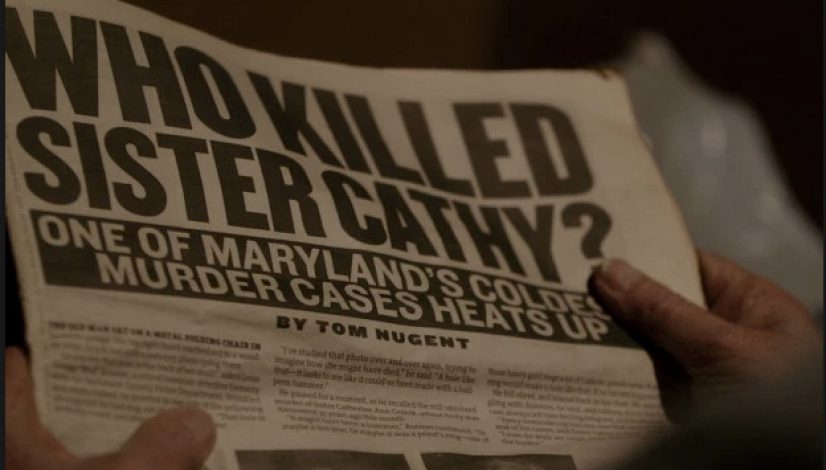Netflix is Now Helping Cops Solve Cold Cases
Television has, once again, come to the aid of law enforcement.
“The Keepers,” a Netflix documentary series, premiered on May 19. And in the weeks since, prosecutors and detectives investigating the unsolved 1969 murder of Sister Cathy Cesnik have received a trove of new information that could help lead to its long-awaited conclusion.
The seven-episode series centers around the killing of Cesnik, a 26-year-old nun and school teacher in Baltimore, and suggests the crime may be connected to the abuse of teen girls by priests in the city. Sister Cathy, some say, planned to expose the crimes of the Rev. A. Joseph Maskell and the Rev. Neil Magnus.
Nearly 48 years later, the show has encouraged previously silent victims and informants to talk.
“Every day there are new people [coming forward] with information,” said Joanne Suder, a lawyer who represents many of the participants in the documentary. Suder added that her office has already received “dozens” of calls.
“What’s interesting is it’s not just victims of Maskell – it’s victims of Magnus, it’s victims of many of the priests, it’s victims of the police, it’s victims of teachers,” she said.
They started coming forward about five days after the show became available on Netflix. For those who haven’t seen it yet, it is worth the watch. However, keep in mind that in the case of watching it online, a high-speed Internet connection would likely be required. To get that, services of a reputed Internet provider can be availed by looking for internet providers los angeles or similar locations on the Web. Know that without an Internet connection with good speed, one may not be able to watch the series peacefully. Also, remember that the series could be blocked in different countries. If that is the case, then you may want to check out the best vpn for netflix in your area so you are able to change your location and get set to watch a truly intriguing and saddening show.
“I have to say [‘The Keepers’] has been a very good thing.””Many thought secretly that they were the only victims,” she said. “They thought something was wrong with them. They [thought they] must have been some sort of terrible sinner to deserve that kind of punishment and treatment.
It’s not the first time true-crime TV has been a boon to investigations. The day of the final episode of HBO’s 2015 documentary series “The Jinx,” wherein alleged serial killer Robert Durst gave a possible confession to three murders, the show’s subject was arrested on a murder warrant for the death of his confidante, Susan Berman.
In August 2016, months after Netflix debuted “Making a Murderer” – a show about possible systemic wrongdoing in the case of convicted killer Steven Avery – his nephew Brendan Dassey, who was convicted as an accessory in the murder of Teresa Halbach, had his conviction overturned. Two petitions that urged President Barack Obama to pardon the pair garnered more than 500,000 signatures.
One of Avery’s original lawyers, Dean Strang, told the Wall Street Journal in January 2016 that responses to the documentary blew up his inbox and answering machine with “emails, tips [and] suggestions” related to the case.
Similarly, Ryan White, the filmmaker responsible for “The Keepers,” said his team has seen a deluge of messages in “every . . . social-media and email inbox that I have, coming in at every direction.”
A Facebook group called “The Keepers Official Group – Justice for Catherine Cesnik and Joyce Malecki” already has added more than 70,000 members since the show debuted. (Malecki was also murdered around the same time, and there is speculation the crimes could be connected.) Prior to the documentary’s release, the group numbered just under 1,000.
Among the most promising reverberations have been the police’s renewed resources toward the Cesnik case, White said.
“What I’ve especially seen since the release of ‘The Keepers’ is an incredible amount of movement on the murder investigation side.”
“[The police] are really re-engaging with this case again. It was quite cold for many decades. They’ll say they were working on it [all along], but I think the lack of progress is kind of indicative that this wasn’t a case that even they thought they could still solve.”
White thinks his work has given new hope that the truth will come out.
“Now that the documentary has unearthed so much information, and so many more people feel comfortable speaking up right now, I do believe the murder can be solved.”

